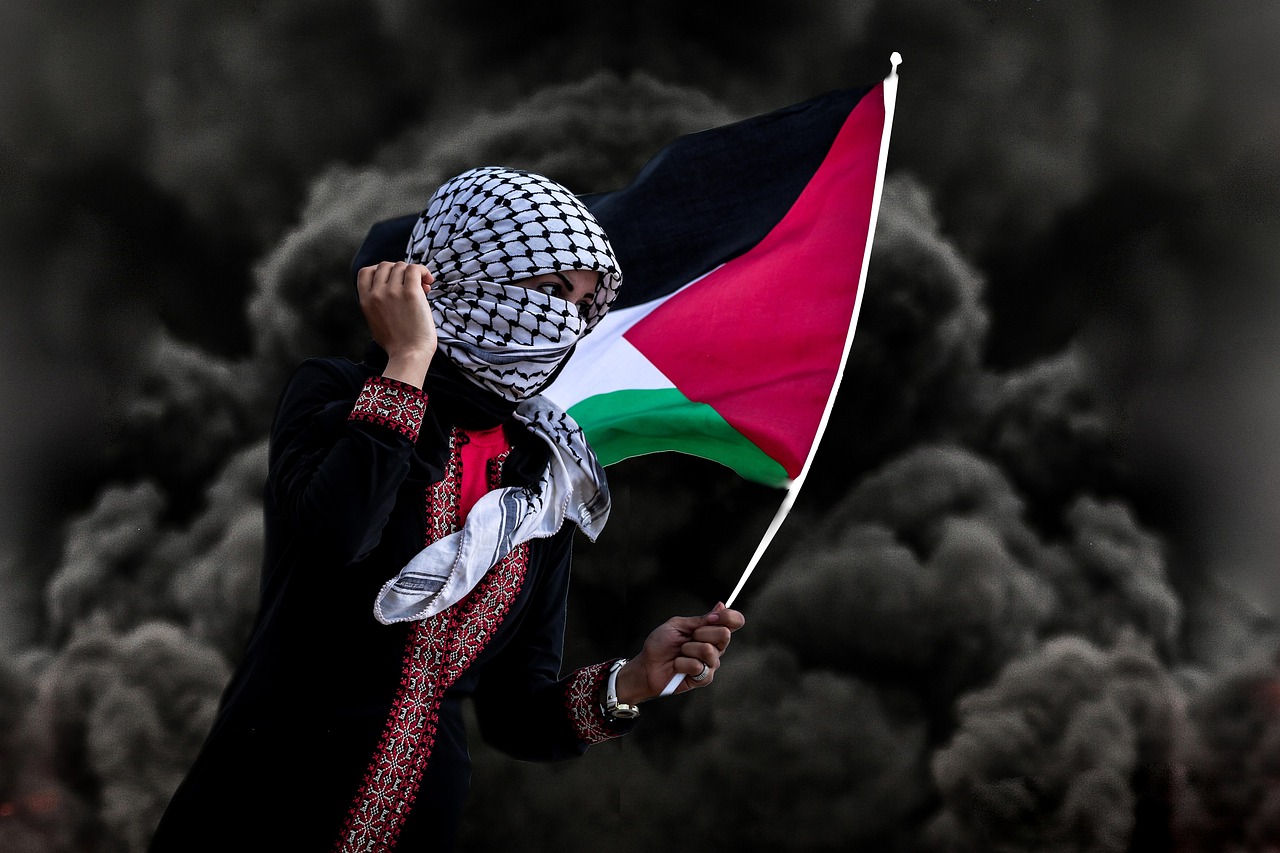How the Israeli Right Justifies the Aid Crisis in Gaza

What’s Really Happening With Aid In Gaza
Alright, let’s cut to the chase: Gaza’s in a humanitarian mess, and the story everyone’s telling about why—and who’s to blame—is a total tangle. You’ve seen the headlines, right?
Starving kids, desperate hospitals, and a blockade that’s choking off supplies. But here’s the kicker—if you dig into what’s actually going on, it’s far messier than a simple “Israel’s starving Gaza” narrative or “Hamas is the bad guy” soundbite. The truth lies somewhere in this brutal middle ground, and ignoring that only makes the crisis worse. First, let’s talk facts on the ground. Gaza was already struggling before this latest flare-up—decades of blockades, conflicts, and economic strangulation have left most people barely scraping by. Now, add a near-total cutoff of aid from March to May 2025, and you have a powder keg of malnutrition and suffering. The World Health Organization confirms this: in July alone, over sixty people died of malnutrition-related causes, and many of them were kids. That’s not a rumor. That’s not propaganda. That’s straight-up heartbreaking reality. But then you have hardliners on the Israeli right, like Amit Segal, a top political journalist who’s close to Netanyahu’s camp, pushing a different take. Segal’s not denying that there’s a crisis—but he insists it’s being inflated by Hamas and the U. N. They call it a “hunger campaign, ” a cynical effort to manipulate international opinion and blame Israel unfairly. The argument goes like this: Hamas hoards food, steals aid, and uses it to maintain power—not to feed people. Segal even points fingers at the U. N., accusing them of colluding with Hamas and blocking independent aid efforts like the Gaza Humanitarian Foundation (G. H. F.), a private nonprofit backed by American and Israeli interests aiming to bypass Hamas and get food directly to civilians. Now, as wild as that sounds, a recent Reuters report and internal Israeli military sources have admitted there’s little evidence that Hamas systematically steals U. N. aid—directly contradicting that key talking point from the Israeli government and their defenders. And that’s the thing: the aid narrative is as much a political weapon as anything else. You hear from right-wing Israeli ministers like Itamar Ben-Gvir and Bezalel Smotrich saying things like “no aid should come in until hostages are freed, ” which sounds dangerously close to endorsing starvation. But Segal tries to soften that by saying the government’s official policy is to allow aid, just not through channels Hamas controls. So what’s the bottom line?
The humanitarian disaster is real, but the blame game is off the charts. Israel is the only country on earth currently delivering aid to an enemy territory in the middle of open war, which is almost unheard of. At the same time, Israel’s far-right coalition partners openly question or outright oppose letting aid in—creating a confusing mix of policy and politics that leaves people in Gaza hanging. Meanwhile, Hamas is accused of using aid as a political tool, even if there’s no smoking gun proving massive theft.




How To Talk About This Crisis Without Losing Your Mind
If you’re trying to make sense of this mess or jump into conversations online or around the dinner table, here’s what you actually need to know—and how you can cut through the noise:
1. Acknowledge the Reality on the Ground
Kids are starving. Hospitals are overwhelmed. The World Health Organization and multiple independent doctors on the ground have confirmed this. Don’t let anyone gaslight you into thinking this is just “propaganda” or “not real.”
2. Understand the Political Spin
Israel’s right-wing is under pressure from its own far-right coalition and international allies. Netanyahu’s government wants to avoid the full label of “starvation” while also keeping Hamas weakened. Meanwhile, some Israeli politicians openly flirt with the idea of cutting aid as a bargaining chip. This political tightrope means official messaging is all over the place. 3. Don’t Buy the “Hamas Stole The Aid” Line Without Question
Independent investigations, including by Israeli military officials and Reuters, found no evidence of massive systematic theft of U. N. aid by Hamas. Yes, Hamas is a militant group with their own agenda, but when it comes to aid diversion, the evidence isn’t as clear-cut as the Israeli government claims. 4. Question the Role of International Organizations
The U. N. is criticized for inefficiency and alleged complicity in the aid blockade, but the reality is that aid delivery in Gaza is a political minefield. The U. N. can’t just bypass Hamas easily, and that cooperation is necessary to get food and medical supplies in. There’s also the Gaza Humanitarian Foundation, which is trying to provide aid without Hamas interference but faces constant pushback. 5. Remember the Delayed Effects of Aid Cutoffs
Starvation and malnutrition don’t happen overnight. When aid stops, it takes months for the worst effects to hit. So if aid was cut off from March to May, the hunger crisis surfacing in July fits with how food stocks and household savings run dry over time. 6. Keep an Eye on How International Players React
France and the U. K. are recognizing Palestine, demanding ceasefires, and calling out the humanitarian catastrophe. Even President Trump—yes, the Trump back in the White House since November 2024—acknowledged the children going hungry. That tells you the crisis is undeniable, even if political allies are trying to spin it differently. ## Why You Should Care and What To Do. Look, we’ve all been there—overwhelmed by the nonstop flood of bad news and competing narratives. But here’s why it matters: the way we talk about Gaza shapes policy, public opinion, and ultimately, life or death for millions of people. If you tune out or buy into simplistic blame games, you’re part of the problem. Here’s the game plan for staying sharp and engaged: – Stay Skeptical But Compassionate
Don’t take any one side’s word as gospel. Question claims, but don’t dismiss the suffering as fake. Real people are starving, and that’s the bottom line. – Support Transparent Aid Channels
Advocate for aid going directly to civilians, through organizations not controlled by militant groups. The Gaza Humanitarian Foundation is one example, even if it’s tangled in politics. – Pressure Politicians to Act Humanely
Whether it’s in Congress or on Capitol Hill, demand clear policies that prioritize humanitarian aid without getting caught up in hostage politics or ideological games. – Follow Independent Reporting
Mainstream outlets often rely on local stringers who face pressure, and governments spin their own narratives. Look for investigative journalism and whistleblowers who break through the noise. – Keep The Bigger Picture In Mind
This isn’t just about Gaza. It’s about how wars end, how civilians survive, and how political leaders justify actions that cause human suffering. Holding everyone accountable—Israel, Hamas, the U. N., and the international community—is key.

What’s Next In This Mess
No one expects a quick fix. The far-right Israeli government isn’t about to roll over, Hamas isn’t about to disarm, and international diplomacy feels stuck on pause. But the humanitarian crisis will only deepen if the global community doesn’t crack this code. That means pushing for real aid access, transparency, and an honest reckoning with the politics fueling the suffering. So next time you see a headline about Gaza, don’t just skim and scroll. Get curious. Ask who’s telling the story, and why. Because behind every statistic and soundbite, there are kids literally wasting away. And that’s the real story we all owe it to tell—and change.
